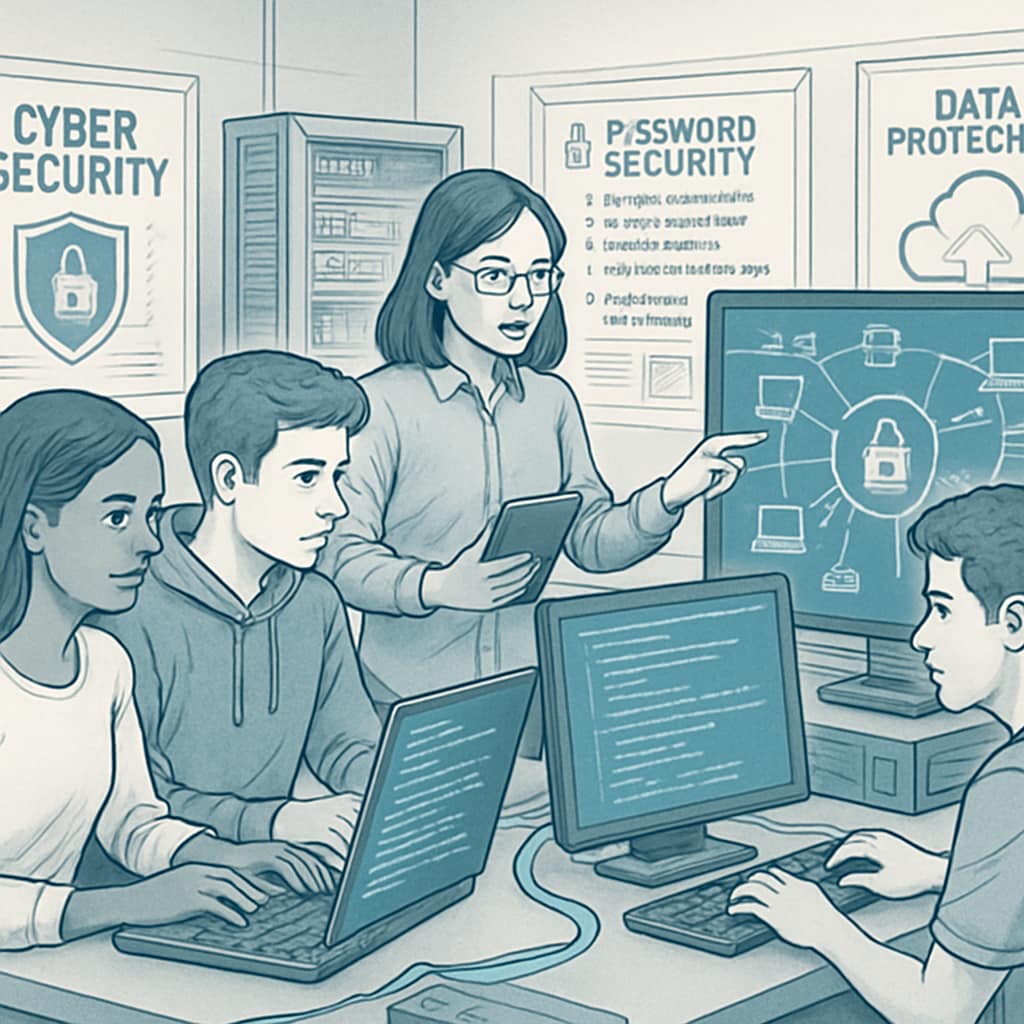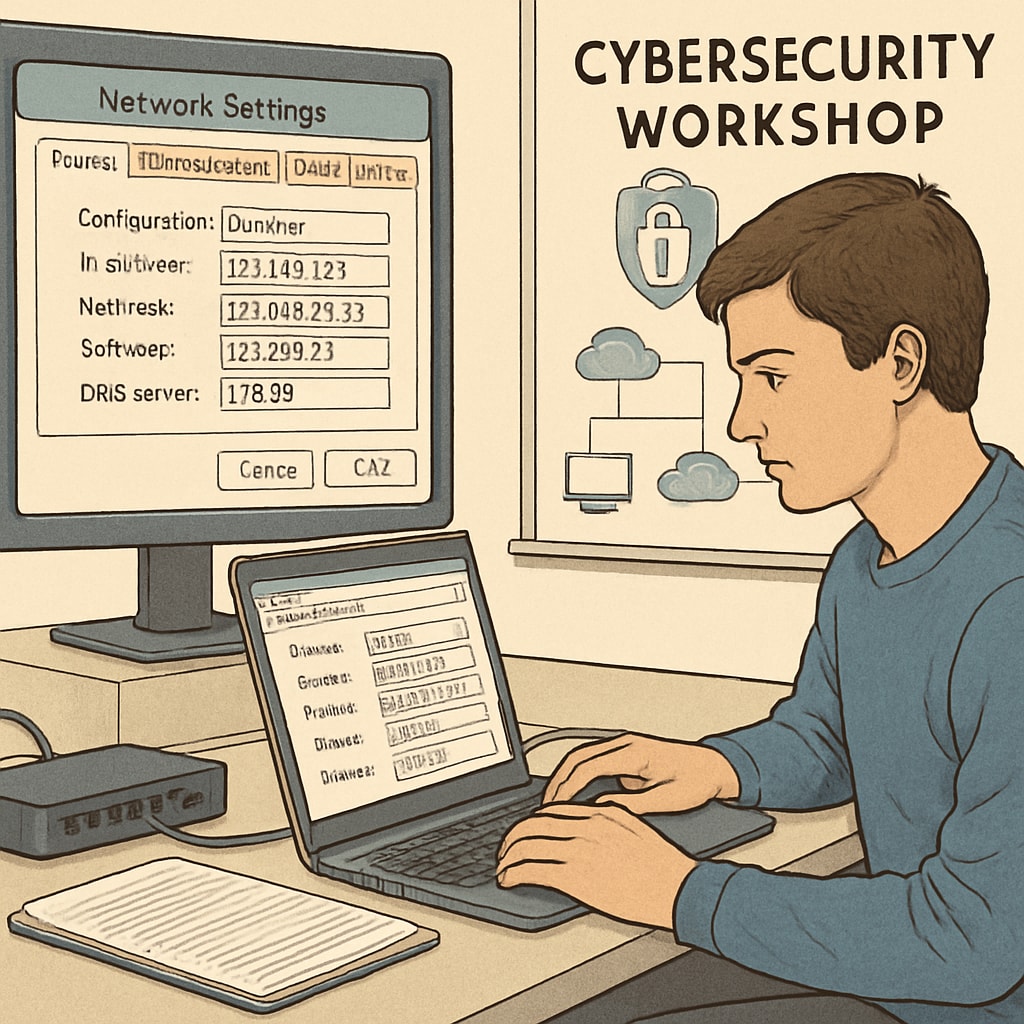In today’s rapidly expanding field of network security, the importance of university reputation and career prospects cannot be overstated. As cyber threats become increasingly sophisticated, organizations across industries are searching for skilled professionals to safeguard their systems. This surge in demand has left students and parents grappling with a critical question: should they opt for a prestigious university or a specialized institution that emphasizes practical skills? The answer isn’t always straightforward, and understanding the nuances of this decision is key to planning a successful career in network security.
Why University Reputation Matters in Network Security Careers
University reputation often acts as a differentiator in competitive job markets. Employers tend to associate prestigious institutions with rigorous academic standards, cutting-edge research, and a strong alumni network. Graduating from a renowned university can provide a significant edge during the hiring process, as recruiters may view the institution’s name as a proxy for the candidate’s competence. For example, schools like Stanford and MIT are widely recognized in technology-related fields, including network security.

However, while reputation carries weight, it’s not the sole factor determining success. According to a study by the National Association of Colleges and Employers (NACE), practical experience and industry certifications are equally important for candidates in technical roles. This means that students from lesser-known institutions with strong cybersecurity programs may still compete effectively if they possess hands-on skills and relevant certifications, such as CompTIA Security+ or Certified Information Systems Security Professional (CISSP).
Specialized Institutions: The Practical Skills Advantage
Specialized institutions, often overlooked in favor of prestigious universities, offer unique advantages for aspiring network security professionals. These schools typically focus on equipping students with practical skills through project-based learning, internships, and direct exposure to industry-standard tools. For example, institutions like the SANS Technology Institute and EC-Council University emphasize cybersecurity training tailored to real-world scenarios.

In addition to technical expertise, specialized institutions often have strong partnerships with industry leaders. These collaborations can lead to internship opportunities, mentorship programs, and even direct recruitment pipelines. As a result, graduates from these schools may find themselves uniquely positioned to enter the workforce with both theoretical knowledge and practical experience, bridging the gap between academia and industry expectations.
Balancing Prestige and Practical Education
For students and parents navigating this decision, the key lies in striking a balance between university reputation and practical education. Here are some factors to consider:
- Program Curriculum: Does the university offer courses aligned with current industry demands, such as cloud security, ethical hacking, and artificial intelligence in cybersecurity?
- Alumni Success: Research the career paths of alumni to gauge the institution’s effectiveness in placing graduates in network security roles.
- Internship Opportunities: Check whether the university facilitates internships with leading companies or government agencies.
- Certifications: Look for programs that integrate industry-recognized certifications into the curriculum.
In addition, prospective students should network with current students and faculty members to gain firsthand insights into the program’s strengths and weaknesses. Attending open houses or virtual events can provide valuable information to make an informed decision.
Conclusion: Navigating the Crossroads
Ultimately, the choice between a prestigious university and a specialized institution depends on individual career goals and learning preferences. While university reputation can open doors to elite networks and job opportunities, practical skills and certifications are equally critical for success in network security. By carefully evaluating academic programs, industry connections, and alumni outcomes, students can position themselves to thrive in this dynamic and rewarding field.
As the demand for cybersecurity professionals continues to grow, making the right educational choice could be the first step toward a fulfilling career. Whether you prioritize prestige or practical training, the key is to ensure your education aligns with the evolving needs of the network security industry.


